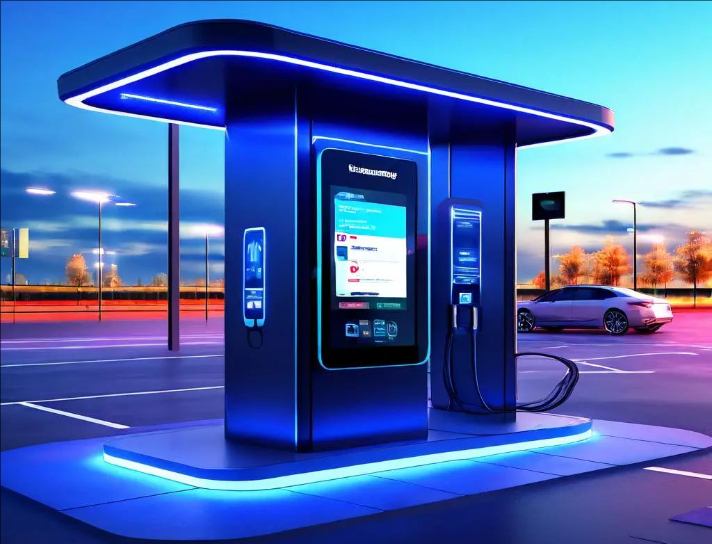Shared charging piles, as an emerging charging infrastructure, are gradually becoming an important charging method for new energy transportation vehicles such as electric vehicles and electric bicycles. Below is a detailed analysis of shared charging piles:

I. Definition and Characteristics
Definition: Shared charging piles are public charging facilities that utilize internet technology to realize the sharing of charging services, aiming to meet consumers' charging needs in public places.
Characteristics:
Convenience: Provides convenient charging services, allowing consumers to charge anytime, anywhere.
Intelligence: Based on internet, IoT, and smart grid technologies, it realizes real-time data transmission and processing. Users can remotely check the status of charging piles, schedule charging times, and pay for charging fees through mobile apps or other smart devices.
Environmental Protection: As the infrastructure for green transportation vehicles like electric cars, the promotion of shared charging piles contributes to environmental protection and sustainable development.
II. Working Principle
The working principle of shared smart charging piles is primarily based on smart charging network technology, achieved through the following methods:
Smart Scheduling: Utilizes advanced communication technologies to exchange real-time data with the power grid, intelligently scheduling charging times and power allocation based on grid load conditions and user charging demands.
Peak-Valley Adjustment: Establishes commercial mechanisms for peak-valley charging packages, encouraging users to charge during periods of lower grid load to balance grid loads and reduce users' travel costs.
III. Market Status and Development Trends
Market Status:
Market Expansion: With the popularization of new energy vehicles and the increasing demand for charging among consumers, the market size of shared charging piles continues to expand.
Intense Competition: Multiple shared charging pile operators exist in the market, leading to increasingly fierce competition. At the same time, new entrants continue to emerge, further intensifying market competition.
Development Trends:
Intelligence and Automation: With technological advancements, shared charging piles will become more intelligent and automated, enabling smart scheduling and maintenance.
User Experience Optimization: Operators will continuously improve user interfaces and service processes, providing more convenient and personalized charging experiences.
Data-Driven Operations: Leverage big data analysis to optimize the location layout of charging stations, adjust pricing strategies, and predict maintenance needs.
Sustainable Development: Combine the use of renewable energy and eco-friendly materials to promote the green development of shared charging pile systems.




